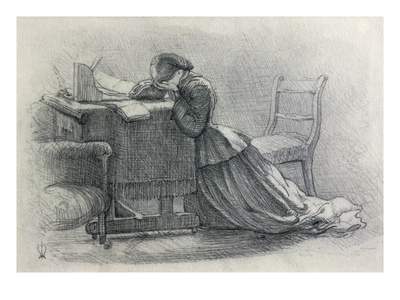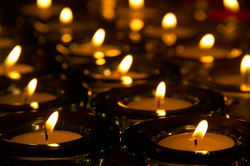The hurt and grief over losing someone too soon can be overwhelming. You feel grief more acutely. Your emotions can go from loneliness to hurt, to even anger.
The first thing you need to know is that your feelings are normal and it’s okay to feel all of those emotions and more. Everyone processes grief differently. There’s no right way or wrong way to deal with death.
Losing someone suddenly can knock you off of your feet. You don’t know where to turn, what to do or what to feel.
The important thing is to surround yourself with people who want to help you and take care of you. They can be there whether you want to talk, cry, or just sit quietly and let you feel someone’s presence.








 How to Learn to Make Money Online Bloggingon 11/08/2015
How to Learn to Make Money Online Bloggingon 11/08/2015
 Funky Retro Fun with the Polaroid Socialmatic Instagram Camera and Accessorieson 01/01/2015
Funky Retro Fun with the Polaroid Socialmatic Instagram Camera and Accessorieson 01/01/2015
 Haunted Florida: The Legend of the I-4 Dead Zoneon 12/07/2014
Haunted Florida: The Legend of the I-4 Dead Zoneon 12/07/2014
 Easy to Make Paw Print Christmas Ornament Kiton 11/25/2014
Easy to Make Paw Print Christmas Ornament Kiton 11/25/2014



Share Ways You Have Coped With Death
Thank you
Helpful thanks :)K
I understand that completely. It's amazing how everyone grieves differently
I felt like that at the beginning with my sister, but a close friend drew me out. I didn't realize it at the time but it's what I needed.